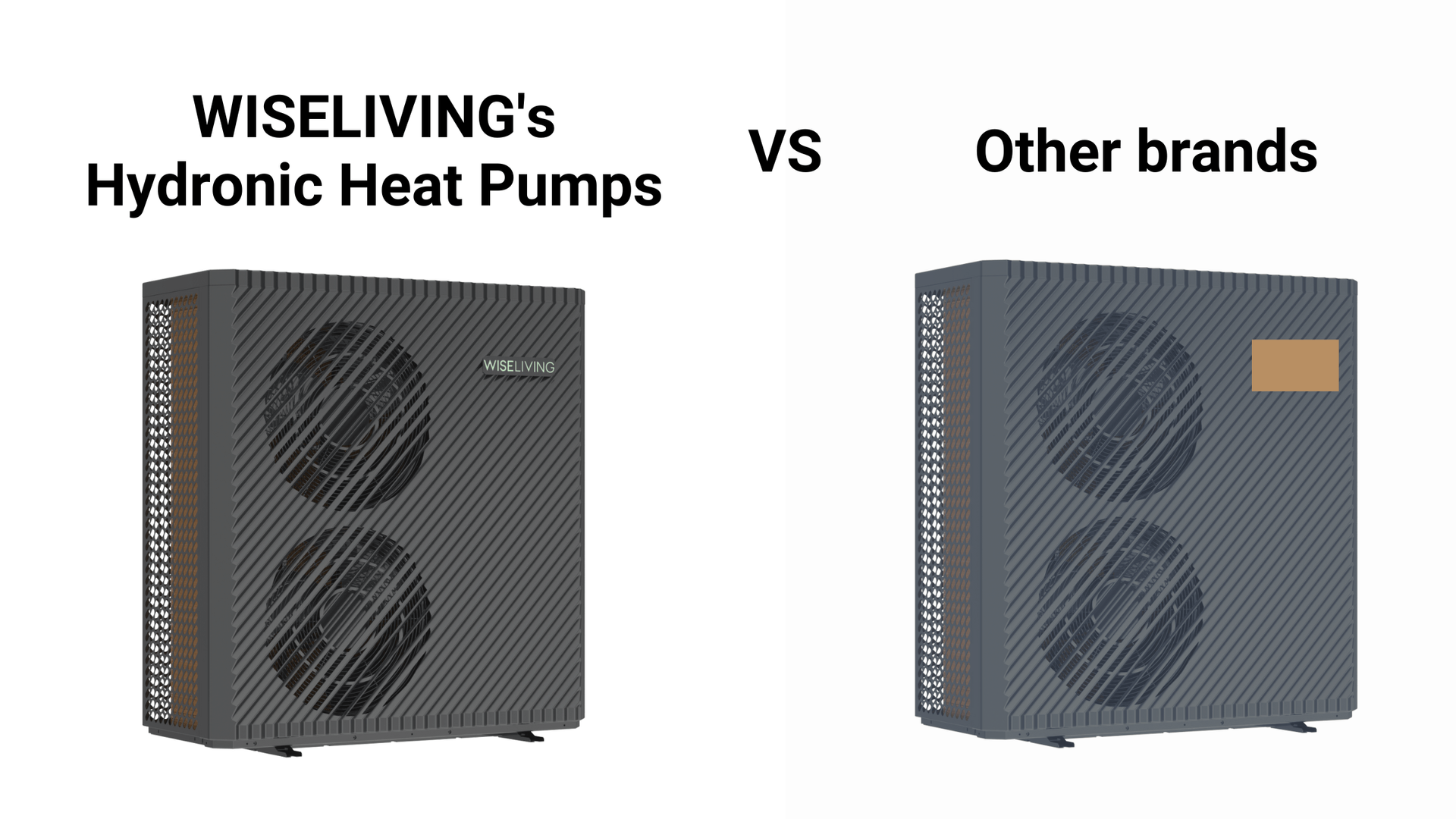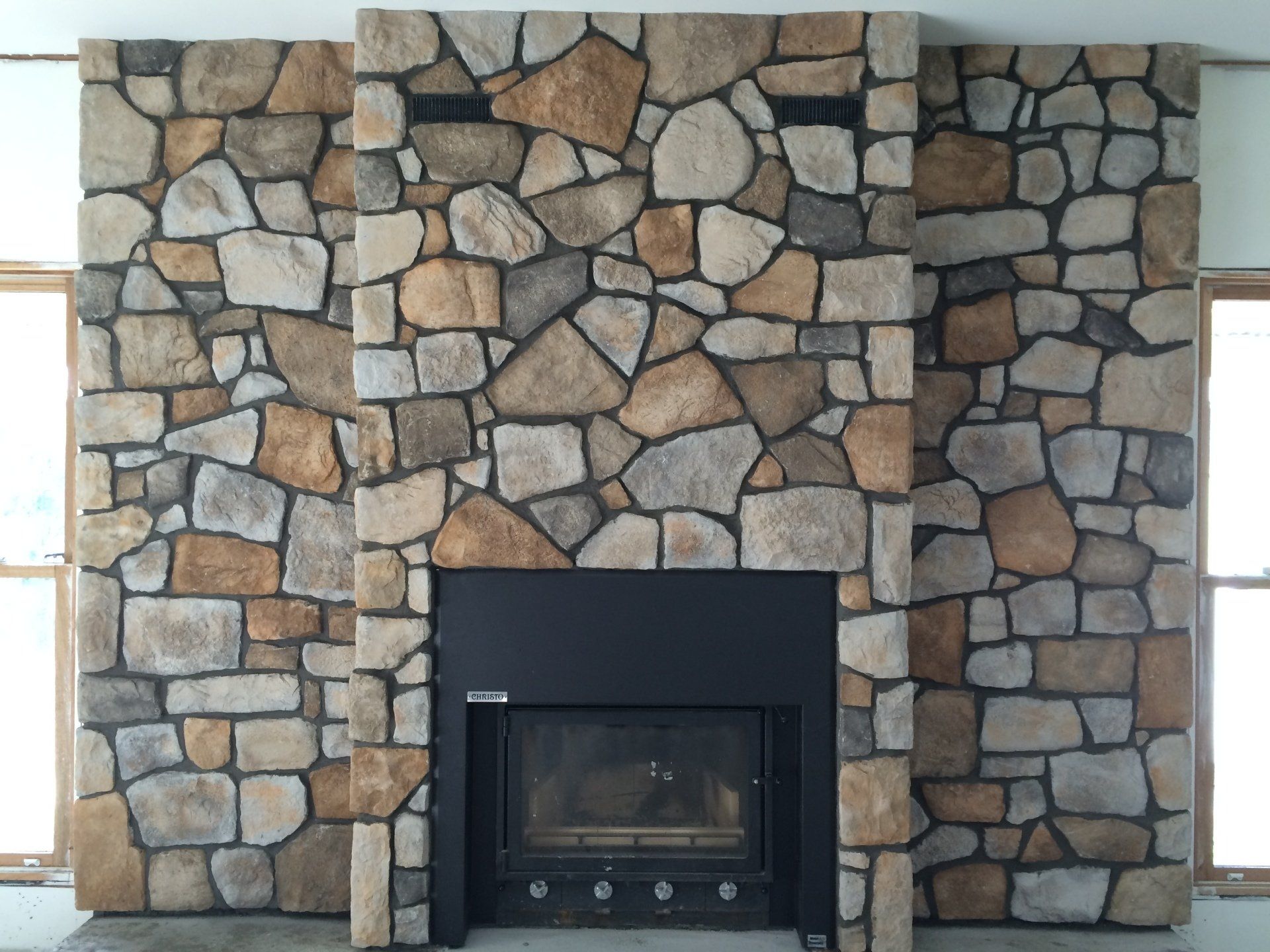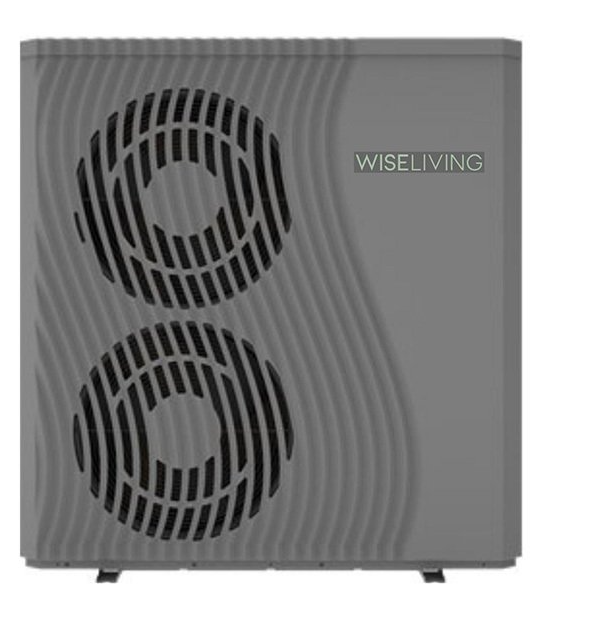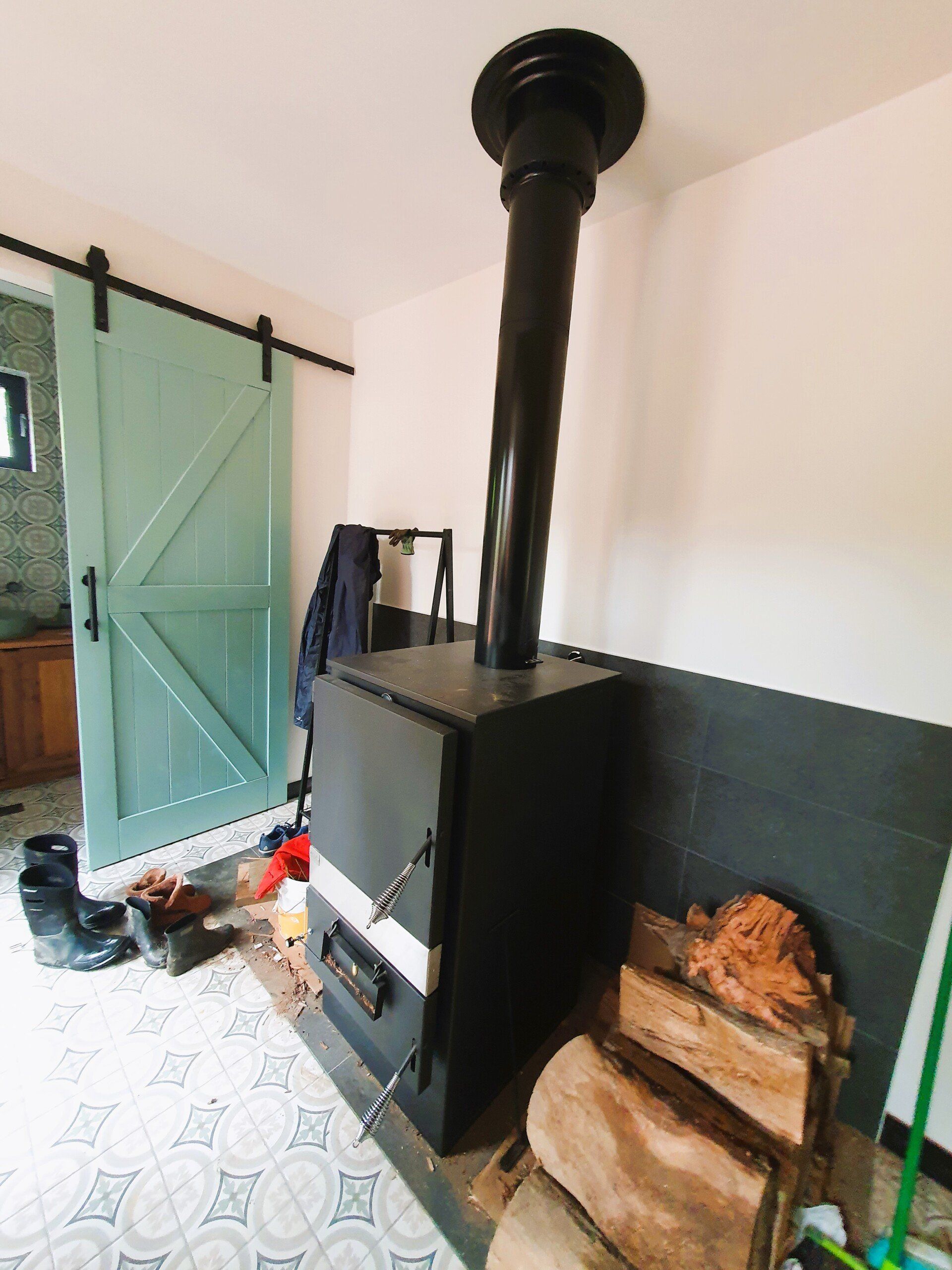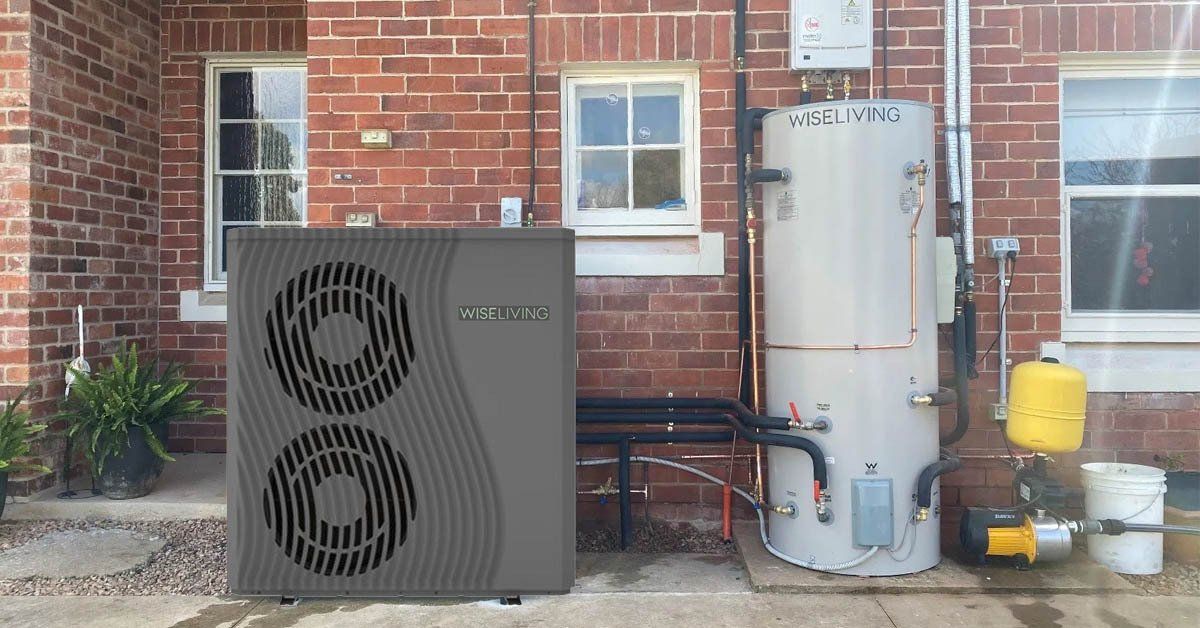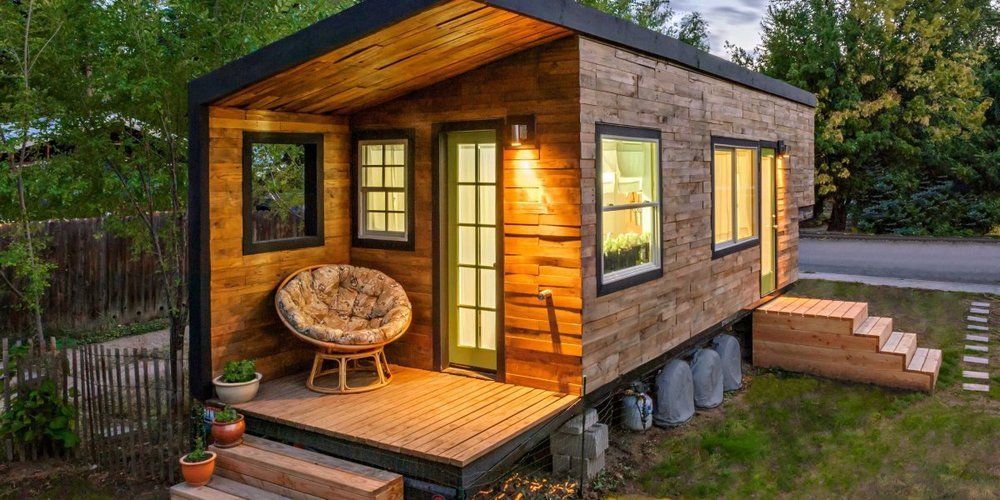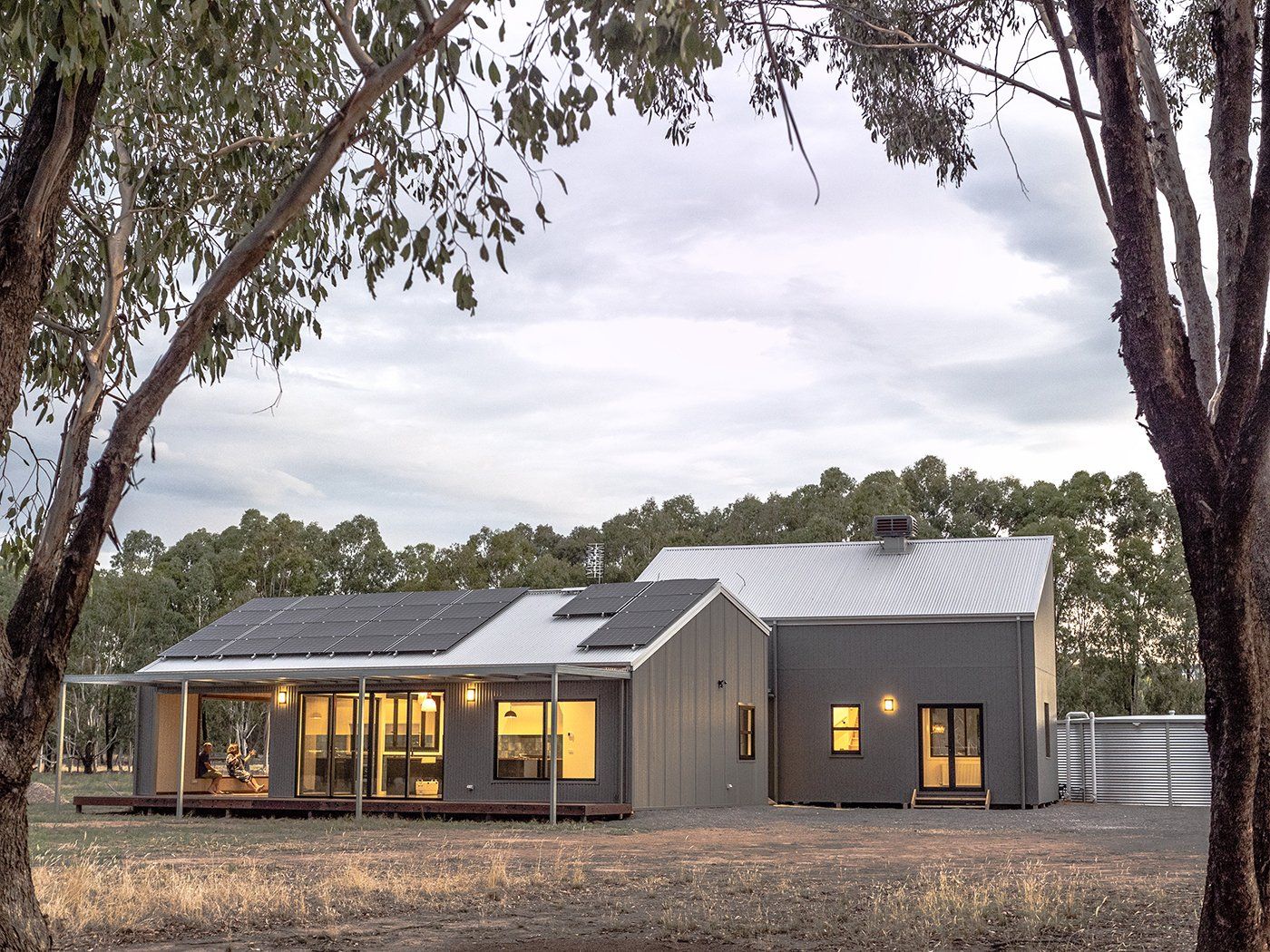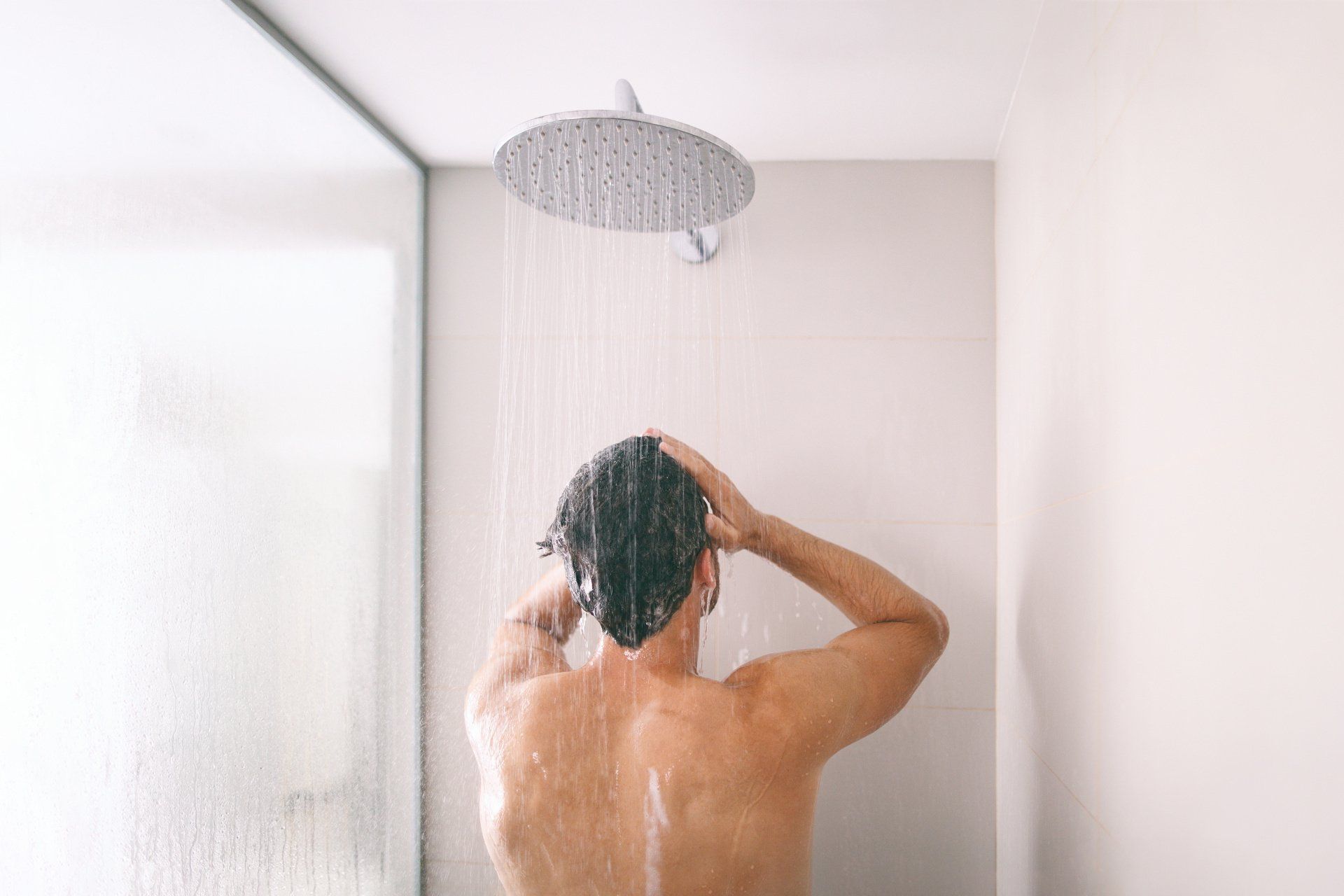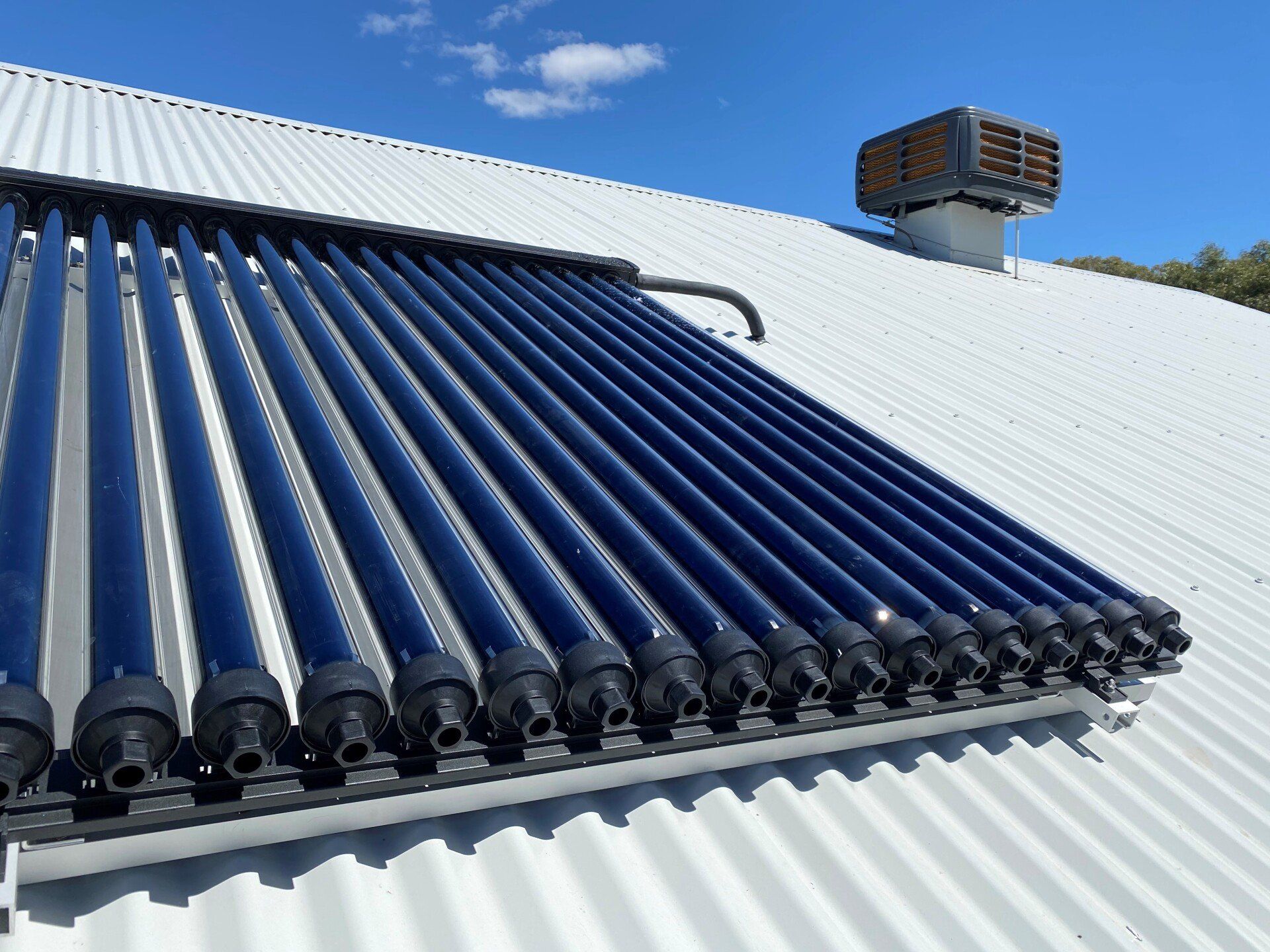Advantages of Hydronic Heating Over Ducted Heating
When it comes to providing centralised heating to living spaces, homeowners can choose from an overwhelming number of options which include hydronic heating and ducted heating. The latter is a commonly used heating system that provides warmth to an entire house. It’s composed of a central heating unit that generates hot air. The hot air is then pushed through a series of ducts in the ceilings or under the floor. This system delivers heat to various parts of the house through vents.
Hydronic heating, on the other hand, relies on boilers to heat water. The heater water then runs through a network of pipes and radiators throughout the house to provide centralised heating to different rooms. This system can be powered using electricity, natural gas, or solid fuel.
Although both systems are capable of keeping your home warm and comfortable, there are various reasons why more and more people are beginning to rely on hydronic heating. Currently, it’s one of the most efficient heating systems that you can use for your house.
Below are some of the benefits of using hydronic heating.
Cost-Effective Solution
Hydronic heating is regarded as a cost-effective centralised heating solution. It has been estimated that it costs about 20% less to operate than a gas ducted heating system. The cost-efficiency of a hydronic heating system can be attributed to its overall design because it uses a series of insulated pipes, which helps in minimising heat loss.
Also, hydronic heating utilizes a system that’s completely sealed. This design helps in minimizing heat loss. In addition, as the heated water goes through the entire system, it will eventually return to the boiler. Since the water returning to this component is still hot, it will require less energy to reheat.
Cleaner System
Hydronic heating works by running hot water through pipes installed in the walls or underneath the floor of a home. Warmth is then radiated through these coils in the floor and radiators in different parts of the house.
Unlike ducted systems, hydronic heating doesn’t push hot air out through vents, which can contribute to the spread of pollutants like dust, spores, viruses, bacteria and various allergens inside a home. This is one of the main reasons why health industry professionals and consultants prefer to use hydronic heating systems.
Safe Usage
Hydronic heating is one of the safest systems available today simply because the temperatures reached by the radiator and floor coils are moderate, which means there’s no risk of burning if you or a member of your family touches the radiator.
More importantly, the mechanism of a hydronic heating system is completely sealed off and has no exposed flames or electrical connections.
Since it doesn’t push air out and contribute to the accumulation of dust, it’s less of a fire hazard compared to ducted heating.
Comfortable Heating
Since ducted heating spreads warmth by pushing air out, it tends to create cold spots in certain areas of the house due to uneven heat distribution.
Through its network of pipes in the walls or under the floor, hydronic heating can provide a radiant source of heat without creating hot or cold spots. Instead, it provides you with a comfortably even level of warmth wherever you are in the house.
With additional radiators, you can also heat up different rooms in your home using hydronic heating. Also, since this system uses heated water and doesn’t push hot air out, it doesn’t generate dry air in your home.
Environmentally-Friendly Alternative
If you’re looking to significantly reduce your home’s carbon footprint, then hydronic heating is the best choice for you. This system can be a very environmentally clean option, especially if you decide to use natural gas or wood as your primary fuel source.
According to the Residential Baseline Study conducted in 2016, heating accounts for a huge percentage of a home’s energy consumption. Since hydronic heating is known to be cost and energy-efficient, using this system will allow you to save money on your energy bill while reducing your home’s greenhouse gas emissions.
